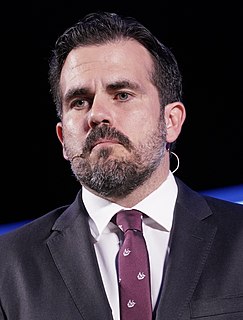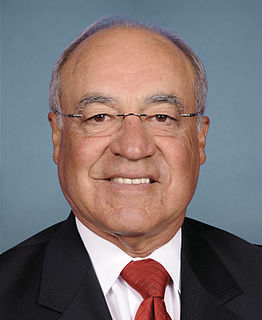A Quote by Carol W. Greider
Federal funding for biomedical sciences plays a critical role in training the next generation of scientists.
Related Quotes
...a vocal minority of scientists so mistrusts the models and the complex fragmentary data, that some claim that global warming is a hoax. They have made public statements accusing other scientists of deliberate fraud in aid of their research funding. Both sides are now hurling personal epithets at each other, a very bad development in Earth sciences.
Mothers have not always had the most important role in their children's upbringing, when they had other economic roles to play. Inpast centuries, fathers were the key parent in the upbringing of the next generation, because moral training, not emotional sensitivity, was thought to be central to successful child-rearing. Mothers were thought to corrupt their little ones with too much affection and not enough stern training.
I do sense, as compared with let's say the early '50s, there's somewhat more of a careerism. I don't think it's anything special to economics; it's equally true with physics or biology. A graduate education has become a more career-oriented thing, and part of that is because of the need for funding. In fact, that's a much worse problem in the natural sciences than it is in economics. So you can't even do your work in the natural sciences, particularly, and even to some extent in economics, without funding.
A … difference between most system-building in the social sciences and systems of thought and classification of the natural sciences is to be seen in their evolution. In the natural sciences both theories and descriptive systems grow by adaptation to the increasing knowledge and experience of the scientists. In the social sciences, systems often issue fully formed from the mind of one man. Then they may be much discussed if they attract attention, but progressive adaptive modification as a result of the concerted efforts of great numbers of men is rare.





































